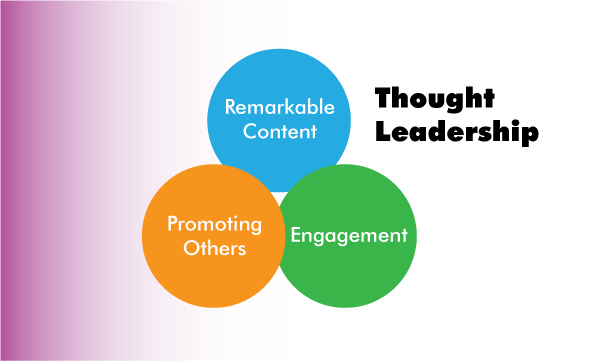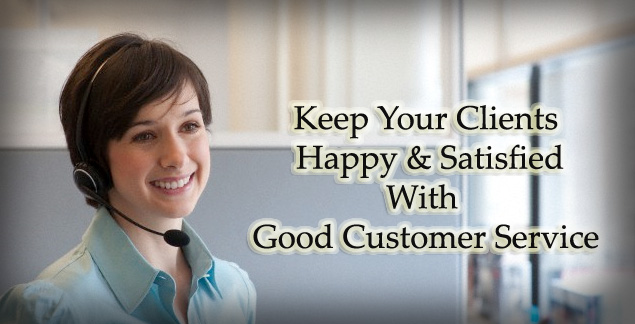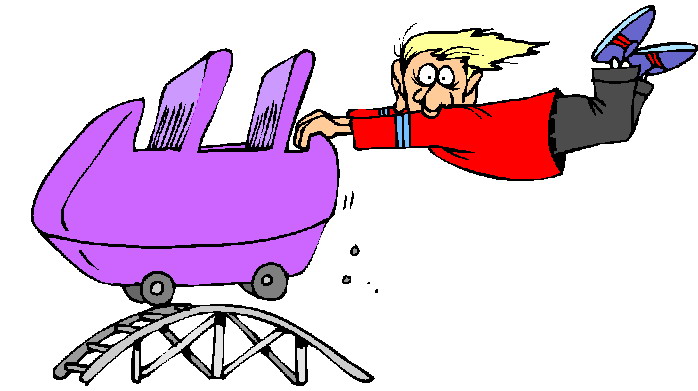8 Lessons Learned From Owning a Search Agency for 15 Years
Here are some of the lessons learned from owning a search agency for more than 15 years, shared in order to help you make your agency better.
Here are some of the lessons learned from owning a search agency for more than 15 years, shared in order to help you make your agency better.
I’m writing this post to share some of the lessons and mistakes I learned from owning a search agency for more than 15 years. The goal of these “lessons” is to help you use what I found worked best and apply these to make your agency better.
The lessons are in no particular order, but include challenges from starting, running, growing, and automating processes to adding new services, adding technology, raising money, and selling an agency. (Here are four common mistakes agencies make to lose clients.)
The number one lesson: drink more beer, as seen below. Especially if you have a client stiff you on a huge AdWords bill that you were running through your agency like this example!
My journey started back in 1998 when one of my former college classmates and I decide to make websites for local businesses in New England. Two years later, referrals were the lifeline of the business, and clients were happy with their websites. But, back then people thought you just had to be on the Internet or WORLD WIDE WEB to make millions. Reality eventually hit, and most of them realized they needed to market their website in order to make money. For each client ready to invest, we decided to test all online marketing channels which only included these three:
By far search marketing was the most profitable channel so we changed direction and became a search marketing agency. There was no paid search in the late ‘90s-early 2000, so we only offered organic SEO to rank on Altavista, Excite, Infoseek, Webcrawler, and Dogpile (anyone remember those days?).
Next, I met one of the first true organic SEO pioneers though a mutual client and the rest was history. We started doing SEO consulting and services for Lego, Ford, IBM, Iron Mountain, Boeing, and Stanford University, just to name a few.
We partnered and started offering search marketing services while developing software to track keyword conversions. PPC changed everything from, “I’ll take as much traffic as you can get me,” to, “If I’m paying for every click, then it needs to convert.” We brought IndexTools to North America, which eventually was sold to Yahoo in 2008.
After the sale of our core technology (which turned it into Yahoo Web Analytics and eventually was FREE), we had to focus back on services to grow revenue. In 2013, we finally sold the service/agency division of Engine Ready to BRIM Agency and here are some specific lessons I learned along the way.
If you can’t pay top dollar and hire amazing people, you better have a kick-ass culture or career path to get quality employees, because the people you hire will be the number one driver of success or failure. Here are five great questions to ask a potential search marketing employee.

Image Credit: http://blog.smartbear.com/wp-content/uploads/imports/interview.jpg
Do not hire full-time employees too early or they will drag you down if a big client cancels. Do as much work as you can yourself or with contractors before you hire employees. Make sure the business has enough recurring revenue to support the salary you offer the first few hires and do a complete background check and interview process.
Budgeting, financing, and measuring profit are all very important, but the last thing I wanted to do was track hours for each client and make employees use time tracking tools. I tried to focus on culture and a cool working environment, but I lost track of which clients were eating up everyone’s time and which ones were getting the service they deserved. Ultimately, this lack of tracking cost me thousands of dollars in profit.

Pricing accurately, understanding margins, and showing value to clients is one of the hardest tasks to master. In the beginning, the only number that matters is revenue growth, but once a stable client list is built the focus needs to shift. Revenue is good, but I see several agencies drowning in debt because they are forgetting about the bottom line.
It becomes even more important to focus on the finances and bottom-line profit when negotiating to raise money or sell your agency. Knowing your numbers will be the main leverage in the negotiation process.
The referrals will dry up or at least slow down and you have to have a plan in place to generate leads and gain new business. Marketing will have to be implemented, so what is your sales and marketing plan?

Image Credit: http://www.inboundgrowth.com/wp-content/uploads/2013/05/thought-leadership-slider.png
Trade shows can sound like a good idea, but only if you can speak as a thought leader. Exhibiting alone was rarely profitable. Paid search, display ads, remarketing and SEO, or content marketing were channels that proved profitable after several months of optimization.
Part of the reason companies hire agencies is to be “wined and dined.” They want to feel special, especially if they are a big brand or have a large budget. If you provide an amazing customer experience, they will buy more services from you and stay on longer. It is VERY expensive to replace clients and lost revenue.

Image Credit: http://www.realestateinvestingnewswatch.com/wp-content/uploads/2010/06/customer-service.jpg
It is much easier to upsell an existing customer than to replace them with new clients.
Client retention will be the lifeline of your agency. The more you focus on the best possible customer experience, even when results are not hitting the goals you’ll be able to keep clients longer.
Define which service you are really good at and continue to do it well. Once you have your core service defined, determine what makes you different. Define your target market or ideal customer and focus 100 percent on them. All too often we get caught saying yes we can do that to every request a client makes and it can really backfire. There is nothing wrong with being a focused, specific boutique agency, but don’t say you do everything when you really don’t have the team, process, or proven results for that service.
You only get one first impression and one chance to present your proposal. Rule number one: make sure decision-makers are there. Never email a proposal; if you are going to invest time doing the research and putting a proposal together, they can give you full attention for one hour.
Always have an agenda for every meeting and estimate the time needed. It can be very frustrating for Clients to not have a clear understanding of the meeting, purpose, goals, and action items. I end every meeting with action items and I would recommend you do the same thing.
Define specific goals with KPIs or dashboard measurement in the proposal before the contract is signed. Expectations can be very tricky to manage and agreeing on the metrics that will define success or failure upfront is extremely important.
There are several agencies in every state and country, but who do you really compete with? Who offers a similar service to the same market? How do they price services and deliverables compared to your proposals and agreements? Learn as much about your competitors as you can so you can figure out how to stand out and position yourself as the better choice.
This same process must be done on your clients and here is a post I wrote about using competitive intelligence tools to generate more profit. These tools can help you win more business by including competitive, keyword, and specific ad performance data in your proposal.
Limit your celebration of big contracts and don’t fear the occasional drop in client revenue.
Managing the highs and lows in any business can be tough, but agency owners have unique challenges. It’s impossible to keep all of your clients forever and what is especially challenging is when your staff doesn’t support the revenue. Having employees as your number one cost of goods makes hiring and firing much more important and something you have to get good at managing or else you’ll fail.

Image Credit: http://www.picgifs.com/clip-art/entertainment/rollercoaster/clip-art-rollercoaster-428971.jpg
There is no agency that doesn’t go through major peaks and valleys usually revolving around landing a BIG account to losing your biggest client. The highs of winning a big proposal over several agencies can be amazing. The lows of having a slow quarter and having to let people go can be devastating.
I understand that the rollercoaster ride can be exhausting, but if you are good at what you do, it will usually will go back up but only if you apply lesson #1 and hire the right people. Try to stay focused on your mission statement and long term goals to limit extreme emotional highs and lows
If you love marketing, enjoy people, like to work hard, and can deliver real results for your clients, you will be able to build a successful agency. Remember to begin with the end in mind.
Why am I starting this agency? Am I looking to just do consulting on my own? Have a small shop focusing on specialized services?
Or are you trying to grow into a multi-million dollar full-service agency that can be handed to your children or sold in the future?
If you want to eventually sell your agency, to get anything more than .5 – 1x revenue or 4-6x EBITA, you typically need to be generating more than $10 million in annual revenue and don’t name it after your first or last name. This is a common mistake I see people make; they call their business “my name consulting,” which seems logical. The two biggest problems with this is that sometimes larger clients might not think you are large enough and most importantly a potential buyer knows all the brand equity is in you, versus the name of a company that they can keep growing even if you are not there.
Do your best and apply some of these lessons where appropriate. Please share your agency stories, lessons, or comments below as I always appreciate the feedback.